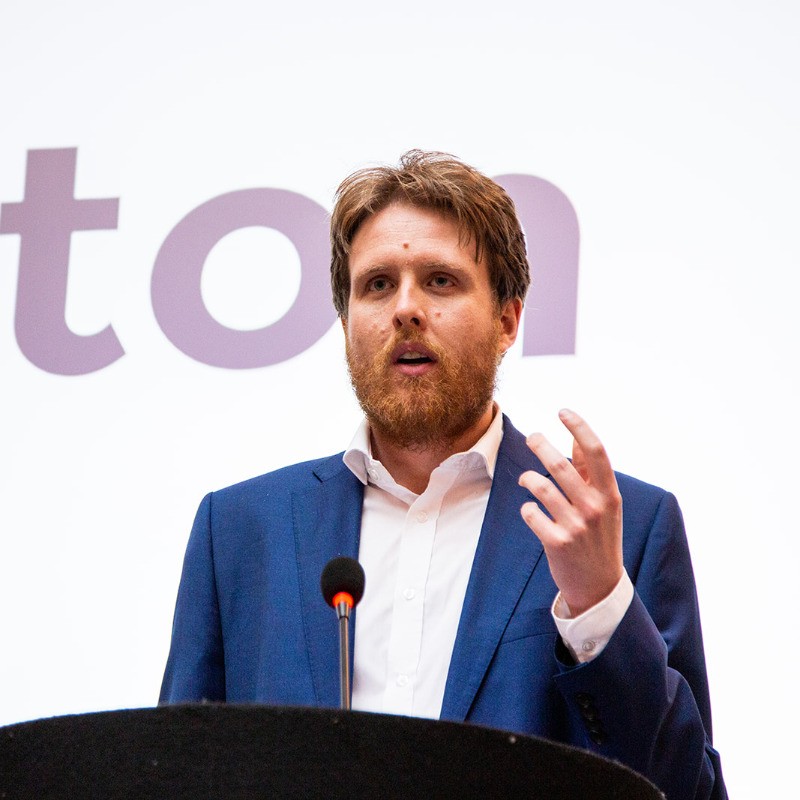Cyber
Quantum
What does the UK’s Cyber Resilience Bill really mean for a quantum security future?
Reading time: 7 mins
What do people in the industry think?
The UK government’s approval of US quantum giant IonQ’s $1.075bn acquisition of Oxford Ionics under the National Security and Investment Act (NSIA) has been framed as both a landmark decision and a potential blueprint for how Britain manages strategic exits in the future. The deal comes with caveats, given that quantum technologies now come under the NSIA’s frontier technology umbrella. Oxford Ionics’ hardware must be hosted in the UK and its core science, engineering and intellectual property functions must remain onshore.
Rather than blocking a foreign takeover outright, ministers have chosen to shape it. The conditions reflect a broader shift in industrial policy, balancing the inflow of overseas capital with the protection of domestic capability. Oxford Ionics is no speculative start-up either. It has serious technology. This summer it delivered its QUARTET trapped-ion system to the National Quantum Computing Centre, proof that British quantum science is maturing into deployable hardware. IonQ gains a proven technology and a European foothold, while the UK retains a stake in the engineering base that makes it possible. The question now is what this balance between foreign capital and domestic safeguards really means for the quantum industry and whether it can be sustained.

For Alasdair Price, CEO of innovative photonics chip and healthcare start-up Siloton, the deal highlights the structural challenge facing UK deep tech. “The intensive capital requirements of companies like Oxford Ionics means they can often struggle to remain in the UK,” he says. “This strips the country of strategically and economically important assets, despite the fact that the UK taxpayer often helps to fund the riskiest stages of development.”
Price however, welcomes the deal, saying it is “heartening to see that the government has found a way to allow IonQ to provide Oxford Ionics with the support that it needs, whilst also ensuring that jobs and intellectual property are not lost overseas.”

It’s a similar story from Mustafa Rampuri, business director at Duality Quantum Photonics, a company that has recently struck a major deal with the UK’s Atomic Energy Authority. He sees the Oxford Ionics acquisition as part of a broader pattern. Time and again, he argues, British ingenuity is spotted early and absorbed by larger overseas players. In this instance the reassurance is that Oxford Ionics’ core hardware remains anchored in the UK, yet Rampuri stresses that a single deal cannot guarantee the health of an industry. “Whilst there has been significant UK government investment into quantum over the past decade, more needs to be done to secure a thriving domestic deep tech sector,” he says.
Eric Van der Kleij, co-founder and general partner at EdenBase and a former tech adviser to No 10, agrees that more needs to be done to help the whole ecosystem. The Oxford Ionics deal could in many ways be a catalyst for further investment and collaboration.

“We should be shaping policy and ecosystems to directly support even more examples like Oxford Ionics who have taken the technology from the research phase to commercialisation,” he argues. The real value, he suggests, lies not only in the technology itself but in the founding teams who have proven they can translate science into scalable business and who, with the right support, can do it again.
The Oxford Ionics deal also comes against the backdrop of a maturing investment landscape. UK-born quantum ventures are beginning to attract bigger cheques and more international attention, but history shows how easily breakthroughs can slip away. PsiQuantum, spun out of Bristol and Cambridge research, relocated to California to chase the deeper pools of US capital, becoming one of the best-funded players in the field but leaving Britain with little more than bragging rights. Against that backdrop, the IonQ acquisition looks different. A move in the right direction.
Quantum
Reading time: 10 mins
Quantum
Reading time: 10 mins
Future Telecoms
Reading time: 2 mins
Quantum
Reading time: 11 mins
Robotics
Reading time: 1 mins